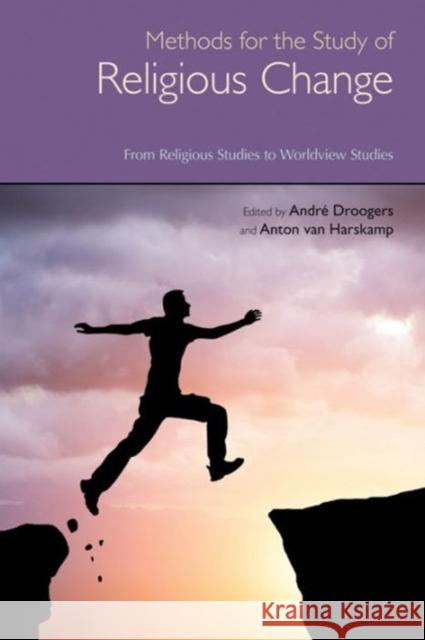Methods for the Study of Religious Change » książka
Methods for the Study of Religious Change
ISBN-13: 9781781790427 / Angielski / Twarda / 2014 / 224 str.
"This is a highly imaginiative contribution to the study of worldviews." - Grace Davie, University of Exeter The world of religious experience is changing much faster than the discipline which claims to study it. Religious studies still uses Christianity as its measure, still frames the world through the model of five world religions, still largely avoids analysis of key issues around power, poverty, violence, pollution, science, and social conflict, and still looks to highlight differences rather than commonalities. Methods for the Study of Religious Change aims to redefine the study of religion as the study of worldviews, of ideas which are active in shaping the world. It argues that the study of religion should focus on people's worldview-making capacities and should contribute to the critical analysis of global problems and the promotion of cultural and spiritual respect across religions. Survey chapters on theory and method outline this new approach while case-study chapters illustrate these ideas with innovative ethnographies of ritual, experience, language, morals and identity.The world of religious experience is changing much faster than the discipline which claims to study it. Religious studies still uses Christianity as its measure, still frames the world through the model of five world religions, still largely avoids analysis of key issues around power, poverty, violence, pollution, science, and social conflict, and still looks to highlight differences rather than commonalities. Methods for the Study of Religious Change aims to redefine the study of religion as the study of worldviews, of ideas which are active in shaping the world. It argues that the study of religion should focus on people's worldview-making capacities and should contribute to the critical analysis of global problems and the promotion of cultural and spiritual respect across religions. Survey chapters on theory and method outline this new approach while case-study chapters illustrate these ideas with innovative ethnographies of ritual, experience, language, morals and identity.











